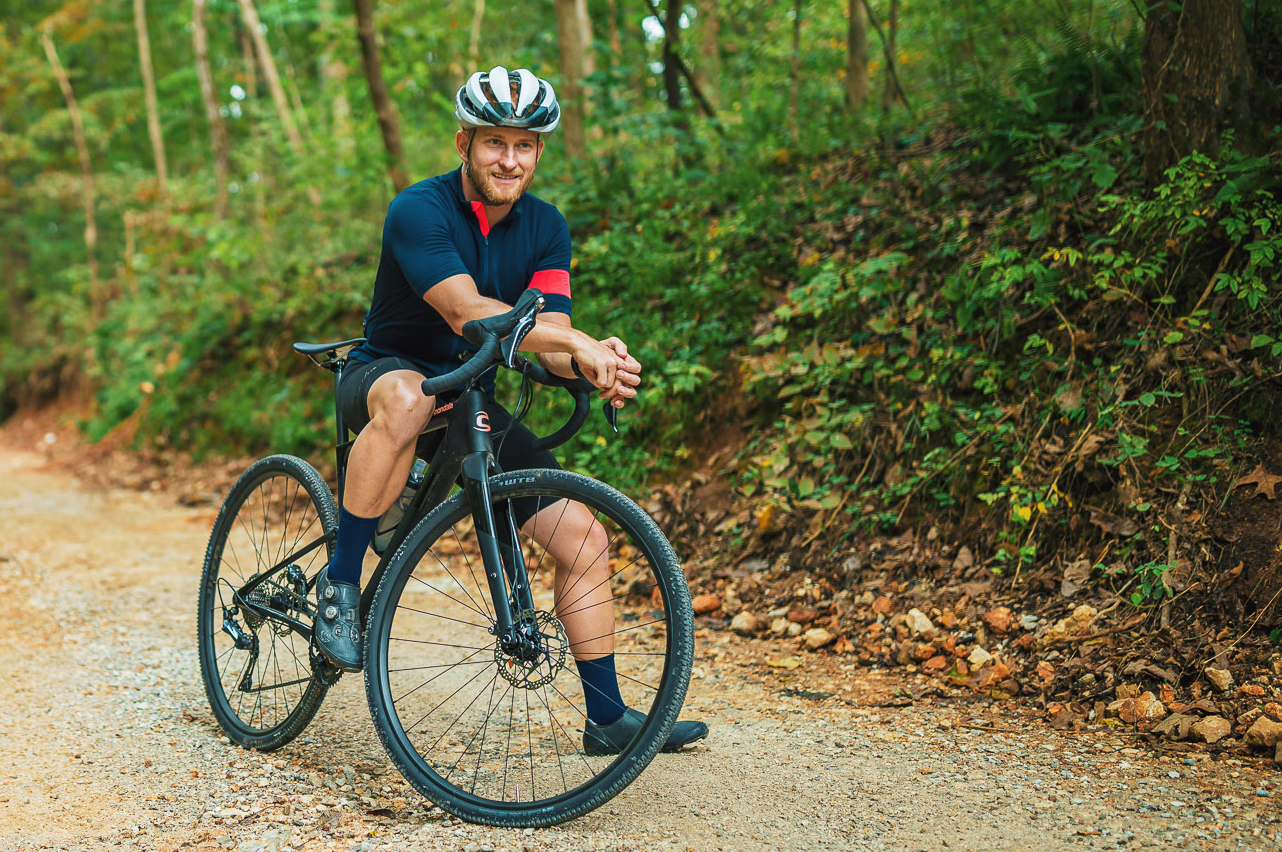Trek has a stacked roster of freeride and slopestyle athletes – Andrew Shandro, Brandon Semenuk, Brett Rheeder, Cam McCaul, and Ryan Howard have hucked their way across the pages of magazines and through countless videos. They’ve won numerous freeride and slopestyle on competitions on frames that were available only to C3 Project athletes.
But Trek has heard the cries of riders who felt it was downright criminal to support a team and not offer consumers the chance to ride the same products. Starting this fall, the company will offer the Ticket S (US$1,500), Ticket DJ (US$700) and all-new Session Park (US$4,500) in limited quantities. These frames will be the first three models to be offered under Trek's new Race Shop Limited program. (Click here to read more about Trek's new road and cross-country Race Shop offerings.)
Ticket S
The Ticket S, or at least some version of it, has been one of Trek’s athlete-only bikes for almost a decade. When freerider Cam MacCaul joined Trek in 2004 the company modified the Session 77 to suit his high-flying antics. As the years went by and the sport progressed, the bike slimmed down, losing both weight and suspension travel. (Click here for a look at MacCaul’s 2011 Ticket S prototype.)
Trek’s C3 Project athletes thought the Ticket S frame was dialed as far back as 2009; Trek mountain bike engineer Ted Alsop thought differently. He worked with the pros to redesign the frame, incorporating geometry that matches up to the hardtail dirt jump version of the Ticket, allowing for a nearly seamless transition between bikes.
The Ticket S sports 100mm of very progressive rear travel via Trek’s ABP suspension. The progressive nature of the rear suspension allows it to pop off jumps and take the edge off landings. Up front, the frame can handle 100-130mm suspension forks.
In addition to the ABP suspension, the Ticket S also gets Trek’s Mino Link. This offset chip located in the rear of the rocker link allows for a 0.5-degree change in head tube angle and a 10mm change in bottom bracket height. The steeper setting, used by Trek’s slopestyle competitors, also makes the rear suspension even more progressive. Flipping the Mino Link to the lower, slacker setting transforms the Ticket S into a dual-slalom and 4X racing machine.
The Ticket S will be available this fall and will retail for US$1,500 for the frame with Fox Float shock (UK pricing and availability has yet to be announced). Initial availability will be limited to just 125 units.
Ticket S Signature Series
Until now, the Ticket S has only been available to team riders. Each rider has his own signature paint scheme, artfully created at Trek’s Waterloo, Wisconsin, headquarters.
For 2014, Trek will be offering the Ticket S in versions with paint schemes dreamed up by Brandon Semenuk, Brett Rheeder, Cam McCaul, and Ryan Howard. Availability will be limited to 50 frames per color scheme, with no upcharge in pricing over the standard matte/gloss black Ticket S.

Ryan 'R-Dog' Howard’s all-American Ticket S will be the first in the series
Signature Series versions of the Ticket S will be available in early 2014. Trek plans to roll out one version per quarter.
Ticket DJ
The Ticket DJ was offered as a production model several years ago. As a complete bike, the price tag was rather steep and sales were sluggish. However, the DJ will be available as a frame only next spring, for US$700 (UK pricing and availability have yet to be announced). Initial availability will be limited to 100 frames.

The Ticket DJ has an aluminum frame, ISCG 05 chainguide mounts and a tapered head tube
While the geometry is the same as for the frame formerly available to consumers, the Ticket DJ does get updated 142x12mm sliding dropouts, allowing it to be run geared or as a singlespeed.
Session Park
Freeride and downhill race bikes have become increasingly distinct creatures as the years have gone by. Long, low, and slack bikes such as Trek’s Session 9.9 are purebred gravity race rigs that shine on the racecourse but have geometry that’s not as well suited to general park riding, where flickability and fun often trump speed.
The Session Park was developed with Brandon Semenuk. The Canadian slopestyle specialist wanted a bike that was more nimble than the standard Session’s for events such as the Redbull Rampage. The Session Park shares the same carbon front triangle of the Session 9.9, but has an aluminum rear end that is 20mm shorter. The Session Park also sees a reduction in rear wheel travel from 210mm to 190mm.

The Session Park is Brandon Semenuk's weapon for this year's Red Bull Rampage
The Session Park will be available next spring, priced a US$4,500 (UK pricing and availability have yet to be announced). Initial availability will be limited to 50 frames.
For more information on Trek products see www.trekbikes.com.



